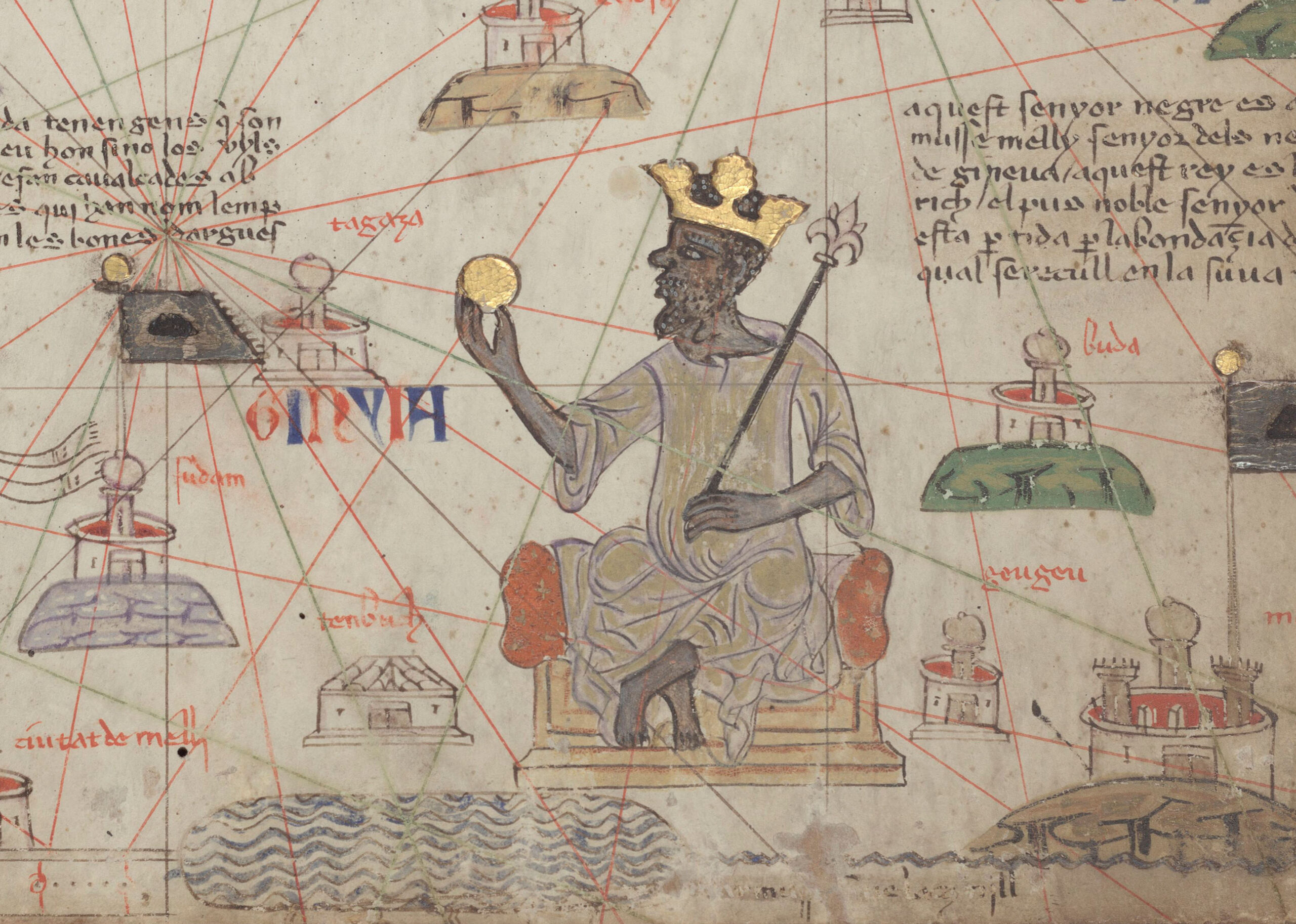
In the bustling markets of ancient Africa, long before the advent of modern banking institutions, communities thrived on intricate systems of saving and lending money. Recent research sheds light on one such system that originated in West Africa, offering a fascinating glimpse into the continent’s rich financial history.
The “tontine” system, dating back centuries, was a cornerstone of economic activity in many African societies. In this communal arrangement, individuals would come together to pool their resources into a collective fund. These funds were then distributed to members on a rotating basis, providing each participant with access to capital when needed.
Originating in West Africa, the tontine system was not only a means of financial support but also a social institution that fostered trust and cooperation within communities. Participants would gather regularly to contribute to the fund and decide on its management, reinforcing bonds of solidarity and mutual assistance.
Dr. Aminata Diallo, a historian specializing in African economies, explains the significance of the tontine system: “It was more than just a financial arrangement; it was a reflection of communal values and mutual support. Participants relied on each other not only for financial assistance but also for social cohesion.”
The flexibility of the tontine system allowed communities to adapt to various economic challenges, including fluctuating harvests, trade disruptions, and emergencies. Funds could be used for a range of purposes, from financing entrepreneurial ventures to supporting families during times of illness or hardship.
Furthermore, the tontine system played a crucial role in empowering marginalized groups, including women and small-scale traders, who often lacked access to formal banking services. By pooling their resources, individuals could overcome financial barriers and pursue economic opportunities that would otherwise be out of reach.
While modern banking has largely supplanted traditional financial systems in many parts of Africa, echoes of the tontine system persist in contemporary practices. Informal savings groups, rotating credit associations, and community-based lending initiatives continue to thrive, embodying the enduring spirit of cooperation and resilience that has characterized African economies for centuries.
As scholars and historians delve deeper into Africa’s economic past, the legacy of traditional financial systems like the tontine serves as a reminder of the ingenuity and resourcefulness of ancient societies. By studying these systems, we gain valuable insights into the dynamics of economic organization and community resilience that continue to shape Africa’s financial landscape today.
